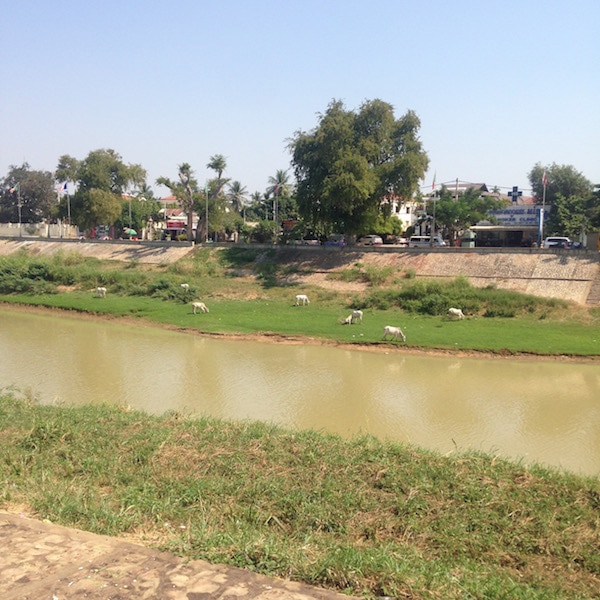
The tribe’s portion of land was within the midst of Judah’s territory ( Joshua 19:1) however, Simeon did not grow as rapidly as Judah and seems to have dispersed across multiple territories ( 1 Chronicles 4:38–43 2 Chronicles 15:8–9). The man Simeon (with his brother Levi) slaughtered the men of an entire city to avenge his sister ( Genesis 34:25–31). They did so, but they did not assist the other tribes in battle during the period of judges ( Judges 5:16), and the tribe falls into scriptural obscurity. Moses agreed to this, on the condition that they assist the western tribes in conquering Canaan ( Numbers 32:28–32). The tribe chose not to settle in the Promised Land, and instead asked Moses for some of the territory that they conquered east of the Jordan River. Reuben.ĭescended from Jacob’s firstborn, whom Jacob said was as “uncontrolled as water” ( Genesis 49:4). Notable tribesmen: Jesus, David, Mary, Solomon, Caleb 2.

Jesus is of the tribe of Judah ( Matthew 1:1–2). Jerusalem was the capital of Israel and the capital of the Southern Kingdom after the nation divided. King David was part of this tribe, and his royal line ruled in Jerusalem from around 1,000 BC until the city fell to Babylonian forces in 586 BC. Judah “prevailed over his brothers,” ( 1 Chronicles 5:2), and the tribe’s territory included the city of Jerusalem and the holy temple. The tribe of kings, and the most preeminent of the 12 tribes in the biblical narrative.

So I’ve pulled together some info on the 12 tribes of Israel for you. So sometimes it helps to get a little backstory on those tribes-since we didn’t grow up hearing about them all the time. Kind of like how I can assume my readers in the US immediately know what I’m talking about if I reference “D.C.,” “Houston,” or “Chicago.”īut we’re not from ancient Israel. Which means when words like “Levi,” “Judah” and “Ephraim” show up in the Bible, they usually don’t come with an explanation-the authors assumed the first readers understood. To the earliest readers of the Old Testament, these names were common knowledge. The nation of Israel was made up of tribes-the families descended from Jacob’s sons (and grandsons).


 0 kommentar(er)
0 kommentar(er)
